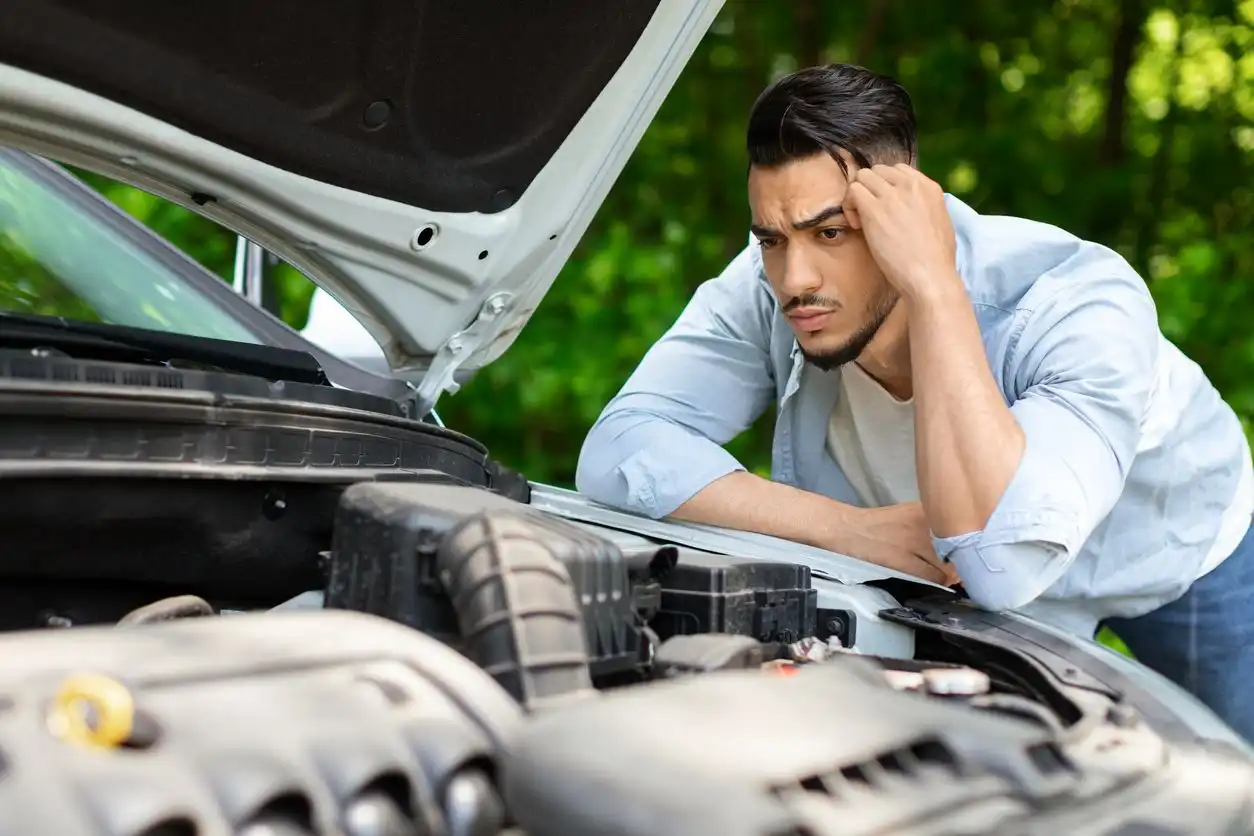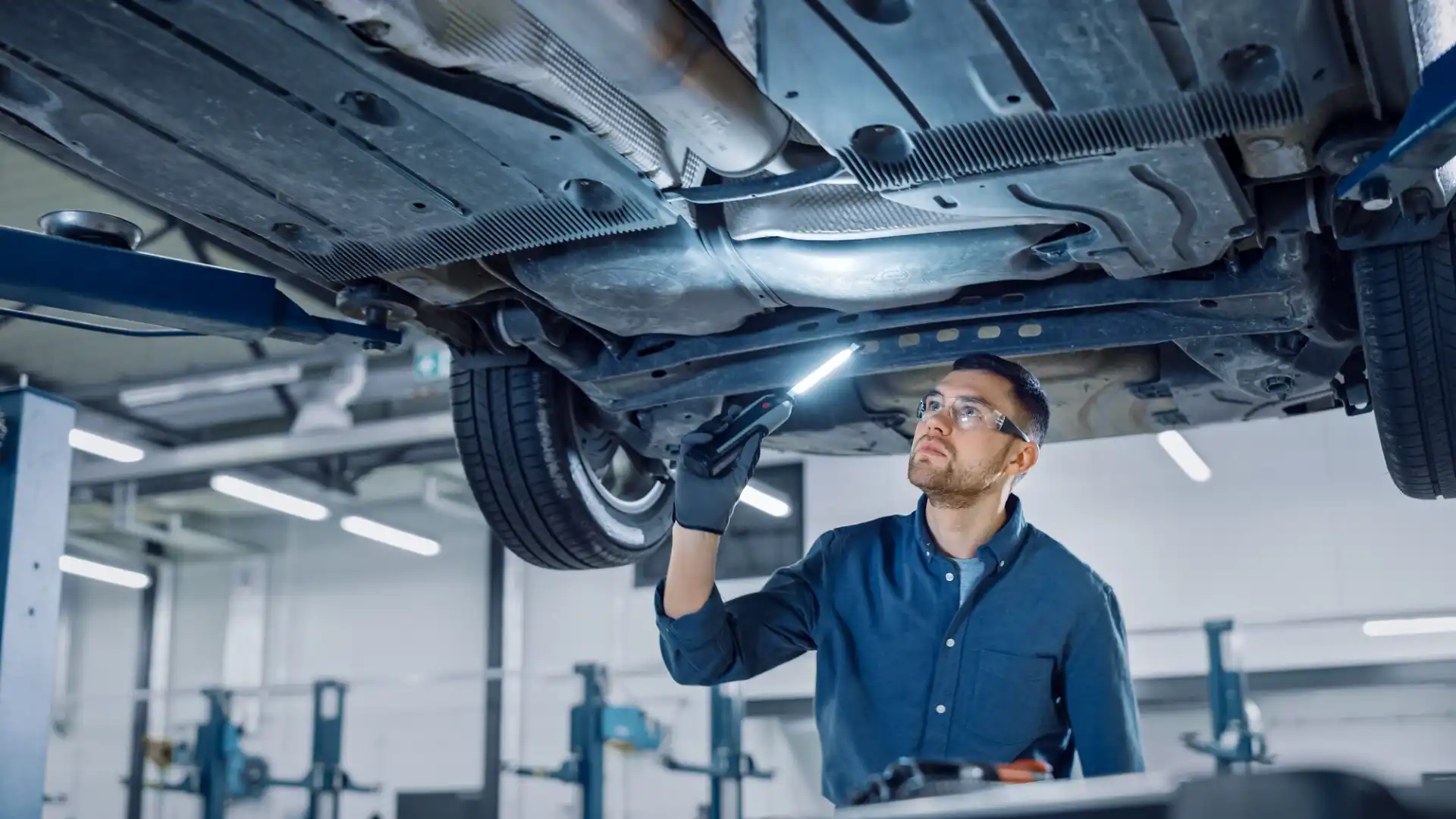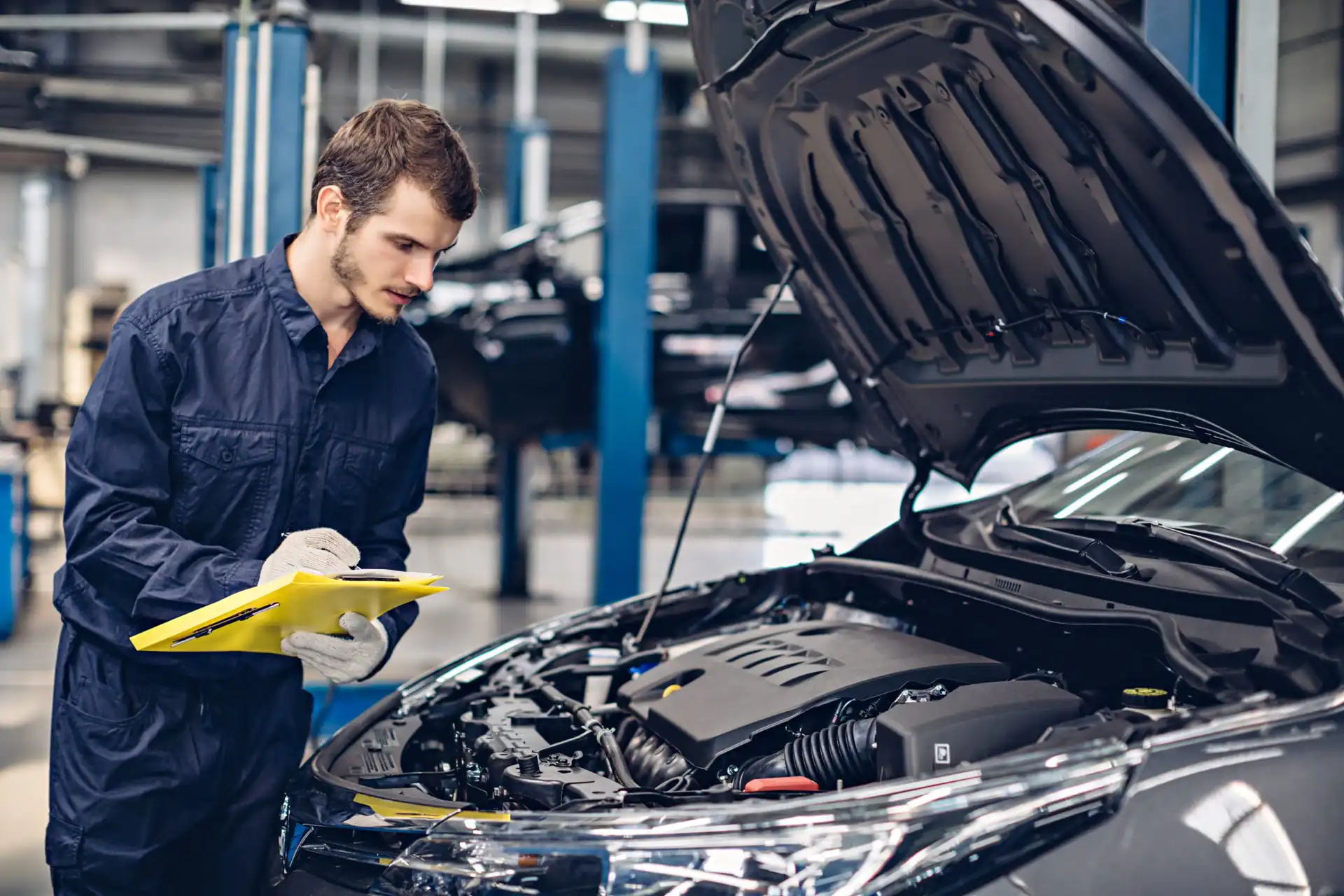If your car starts making strange noises, it can be a cause for concern. While some sounds may be relatively harmless, others can signal a serious issue that requires immediate attention. Whether it’s a squeak, a grind, a clunk, or a rattle, understanding the type of noise your car is making can help you identify potential problems before they lead to costly repairs or safety hazards.
In this blog, we’ll walk you through the different types of noises your car might make, what they could mean, and what steps you should take to address the issue promptly.
1. Squealing or High-Pitched Noise from the Brakes
What It Could Mean:
If your car is making a squealing or high-pitched noise when you apply the brakes, it’s likely a sign that your brake pads are worn down. Most modern brake pads are equipped with a wear indicator that produces a squealing sound when the pads have reached a critical thickness.
What to Do:
-
Stop using the brakes heavily until you get them checked. Worn brake pads can lead to decreased stopping power, which could be dangerous.
-
Inspect your brakes as soon as possible. Replace the brake pads if they’re worn.
-
If the noise persists even after replacing the brake pads, it might indicate an issue with your brake rotors or calipers.
2. Grinding Noise from the Engine or Transmission
What It Could Mean:
A grinding noise coming from the engine or transmission could be a sign of low transmission fluid, worn-out gears, or issues with the clutch (if driving a manual vehicle). It’s important to address this noise immediately, as continued driving with this issue can lead to significant transmission damage.
What to Do:
-
Check your transmission fluid levels. If it’s low, top it up or have it changed.
-
Get your vehicle inspected by a mechanic. Grinding noises from the transmission usually mean there’s an internal issue that requires professional repair.
3. Rattling or Clunking from Under the Car
What It Could Mean:
If you hear a rattling or clunking noise from under your car, it could indicate a loose exhaust system, a damaged suspension component, or something loose in the undercarriage. This could be a minor issue like a loose heat shield, but it could also be a sign of a more serious problem with your suspension or drivetrain.
What to Do:
-
Check for loose or hanging components under the car, such as a muffler, heat shields, or exhaust pipes. Tighten or replace any loose parts.
-
Schedule an inspection with a mechanic to check the suspension, steering, and drivetrain components. If a critical part is damaged, it may require immediate replacement.
4. Clicking or Ticking Noise from the Engine
What It Could Mean:
If you hear a clicking or ticking noise coming from the engine, it could be a sign of low oil levels, a failing lifter, or an issue with the engine valves. It’s crucial to address this noise quickly, as it can indicate insufficient lubrication or internal engine damage.
What to Do:
-
Check your oil levels and add oil if necessary. Low oil levels are one of the most common causes of engine ticking.
-
Get your engine inspected by a professional mechanic to determine if there are any issues with the valve lifters, timing chain, or other engine components. Catching engine problems early can save you from more expensive repairs later.
5. Whining or Hissing Noise from the Engine Bay
What It Could Mean:
A whining or hissing noise from under the hood could indicate a problem with the power steering pump, air conditioning system, or vacuum system. If the noise comes from the power steering, it may suggest low power steering fluid, while a hissing sound could indicate a vacuum leak or a problem with the A/C compressor.
What to Do:
-
Check the power steering fluid and top it up if necessary.
-
Inspect the air conditioning system to ensure there are no leaks in the hoses or components.
-
If the problem persists, have a mechanic check the vacuum system or A/C compressor for leaks or malfunctions.
6. Bubbling or Gurgling Noise from the Radiator
What It Could Mean:
If you hear a bubbling or gurgling sound coming from the radiator, it could indicate that the coolant level is low or that the coolant system has air trapped inside. This can lead to overheating and engine damage if not addressed promptly.
What to Do:
-
Turn off the engine immediately if you suspect overheating. Let the car cool down before opening the radiator cap.
-
Check the coolant levels and top them up if needed. Ensure you are using the right type of coolant for your vehicle.
-
If the noise persists, inspect the cooling system for leaks, and have the radiator, thermostat, and water pump checked by a professional mechanic.
7. Thumping or Bouncing from the Tires
What It Could Mean:
A thumping or bouncing sound coming from your tires usually means that your tires are out of balance or have become damaged. This noise may increase with speed and can also be accompanied by vibrations in the steering wheel or seat.
What to Do:
-
Inspect the tires for visible damage, such as bulges, flat spots, or punctures. If you find any damage, replace the tire immediately.
-
Get your tires balanced by a professional if you notice vibrations or irregular wear. It’s essential to keep your tires properly balanced for safe handling and even wear.
8. Humming or Whirring Noise While Driving
What It Could Mean:
A humming or whirring noise that changes with the speed of your car could indicate issues with the wheel bearings, tires, or differential. It may also be a sign of an issue with the driveshaft or CV joints, especially if the sound increases when turning.
What to Do:
-
Check the tires for wear patterns that could indicate an alignment issue.
-
Inspect the wheel bearings and have them replaced if necessary. Worn bearings can affect the vehicle’s handling and safety.
-
Have a mechanic inspect the drivetrain if the noise persists, as it could indicate more significant issues with the differential or driveshaft.
Conclusion: Don’t Ignore Strange Noises
If your car starts making strange noises, it’s crucial to act quickly and address the issue before it escalates. Regular maintenance and early detection of problems can save you from costly repairs and ensure the safety of your vehicle. If you’re unsure of what the noise means or how to fix it, don’t hesitate to contact a professional mechanic for an inspection. By staying proactive with your car’s care, you’ll keep it running smoothly for years to come.





